Mapping the Break-Up of Britain
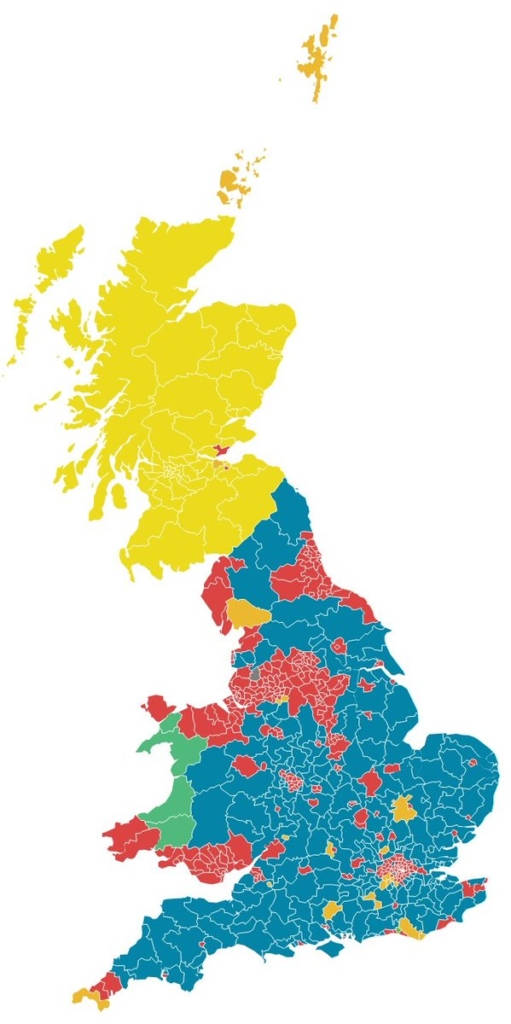

While the Anglo-British state is engulfed in it’s own farce, and commentators indulge in frantic denial, the importance of England’s role in the collapse is worth noticing. Today Verso re-publish Tom Nairn’s 1970s classic in an updated version: ‘The Break-Up of Britain, Crisis and Neo-Nationalism’. Hilary Wainwright called it: “A creative intellectual toolkit for a political emergency, assisting Scots, Welsh and English democrats alike to finally break the chains of Westminster.”
Because we are so obsessed with ourselves (and our Celtic neighbours), and because England’s own catharsis seems to masked by its own morbid populism it’s easy to ignore, but in The Break-Up of Britain Nairn reflects that:
“The English revolution is the most important element in the general upheaval of British affairs described in this book. It is also the hardest to foresee, and will take longest to achieve. Upon its character – conservative nationalist reaction or socialist advance – will depend the future political rearrangement of the British Isles as federation, confederation, or modernised multi-national state”.
In the current shambles it seems like nothing is happening, the suffocating dead-hand of British rule seems to ensure permanent stasis. Certainly it’s cheerleaders are locked into a smug certainty that nothing will ever change. Here’s Alex Massie:
“Britain’s leathery old hands still grip more firmly than you might expect. And look, this is important too: Scotland and England have never been more alike than they are now.”
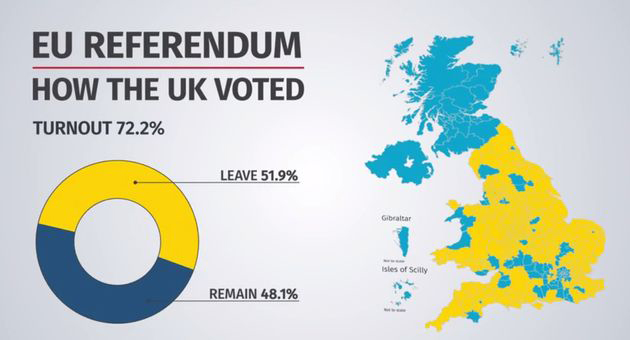

This morning Liz Truss took to the television studios to tell us “Great Britain is all one country”. But this slightly desperate, ever urgent refrain sounds more and more shrill less and less certain.
The problem for Massie and his colleagues across the media is that while they are essentially Conservatives, clinging on to an antiquated notion of what Britain and its Union and its relations are – they are supporting and propping up regimes which are anything but Conservative. Just because they want everything to remain the same for all time, doesn’t mean that’s what’s happening.
As Anthony Barnett, Nairn’s long time collaborator and editor puts it: “Since the 1960s [Nairn] has been a forensic critic of the never-ending ‘revivalism’ of the Anglo-British state leading to an increasingly authoritarian parody of historic greatness. Today, it has led to the Johnson regime – which is all the more dangerous for being beyond parody – and its ongoing ‘assertion’ of its prerogatives. This will prove intolerable to majorities in Scotland, Northern Ireland and Wales. So, unless England can find the stomach to reverse the present reactionary course of its Brexit-Britishness, disintegration is certain within the next five to thirty-five years.”
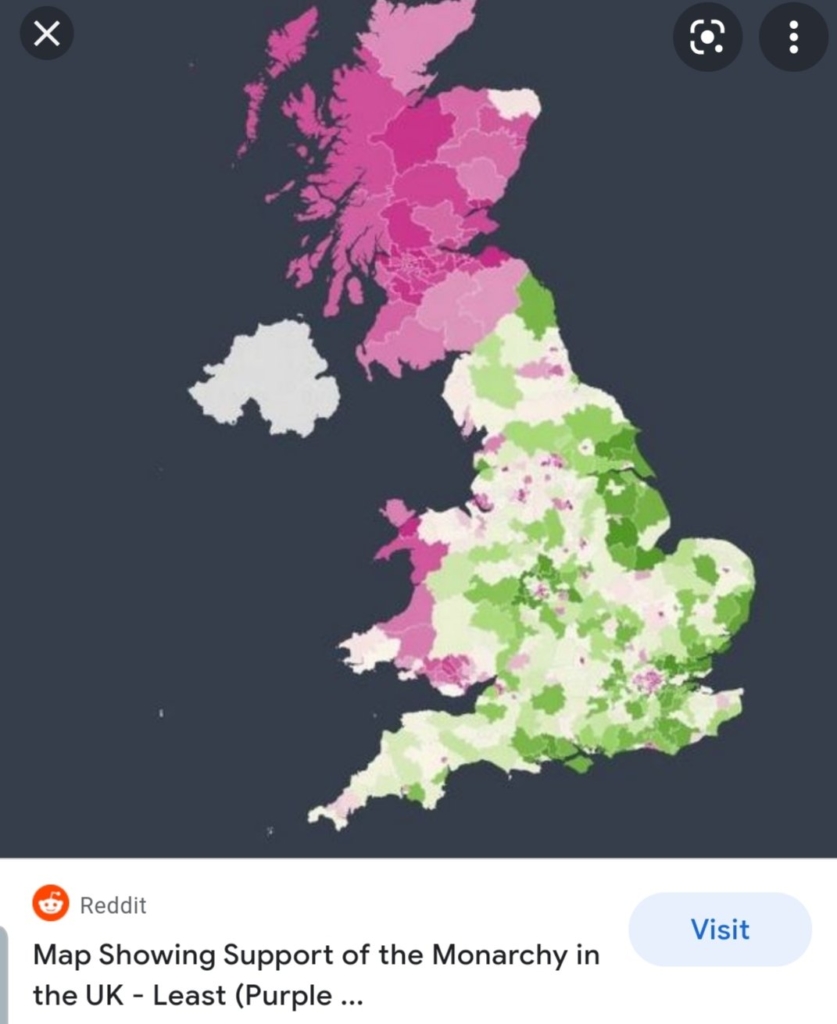

Despite misappropriation and mis-representation the forces at work in Scotland are not (apart from some rare examples) the coming generation that overwhelmingly supports liberation from Downing Street are not driven by capital N Nationalism, instead: “their desire for national self-determination as a European country stems not from romantic tartanry, which Nairn excoriates, but from the reprehensible nature of today’s British regime.”
As Boris Johnson leaves to bring peace to Ukraine, as the #partygate scandal descends into obscure chaos it doesn’t look likely that “England can find the stomach to reverse the present reactionary course of its Brexit-Britishness”.
In fact there are those of the Left and Right who think that either Brexit is disappearing in the rear-view mirror, and that any problems it has created are either minimal or transient. This is brutally naive.
As I mentioned before (Rivers of Shit) we live in a country with rivers of shit, empty supermarket shelves and food rotting in the fields, the NHS groaning in crisis and a tsunami of mental health problems waiting down the line – and this is what the Tories are calling the ‘Age of Optimism‘.
This has a bit of a back story.
Back in 2017 we noted the Irish economist David McWilliams writing: “If Britain leaves the EU, it could start a domino effect – at the end of which is a united Ireland” adding, “Relative to the South, the Northern economy has fallen backwards since the guns were silenced. If there was an economic peace dividend, it went South.”
“A cursory glance at the performance of the Northern Irish economy since 1922 would suggest that the Union has been an economic disaster for the people of Northern Ireland. They have been impoverished by the Union and this shows no sign of letting up. The only solace the Northerners might hold onto is the fact that all British regions have lost out income-wise to Southern England; however, “we’re all getting poor together” is hardly a persuasive chorus for an ode to the Union.”
In this context, and the coming social crisis that we are cutely calling the “cost of living” Johnson’s “levelling up” agenda (not to be confused with trickling down) takes on more importance. But – and this may not come as a huge surprise to you – there is a problem.
The great levelling-up project (whatever that means) is in trouble because of Mayors.
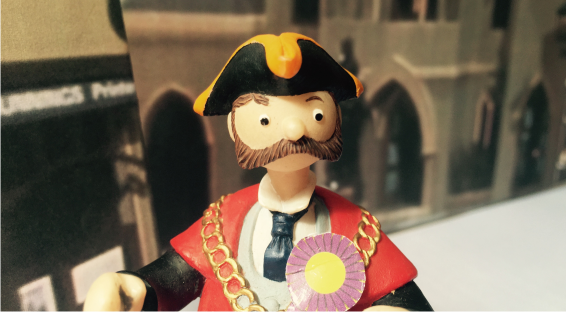

The Telegraph reports that “Michael Gove has been warned that proposals for more regional mayors would create new layers of red tape that could “hold up” Boris Johnson’s pledge to level up the country.”
This may disappoint those who want/expect/hope that some of the English Mayor process will (somehow) gain momentum as English Devolution that will – somehow (bear with me) – morph into Federalism for the whole of the UK. Yeah, I know, I know.
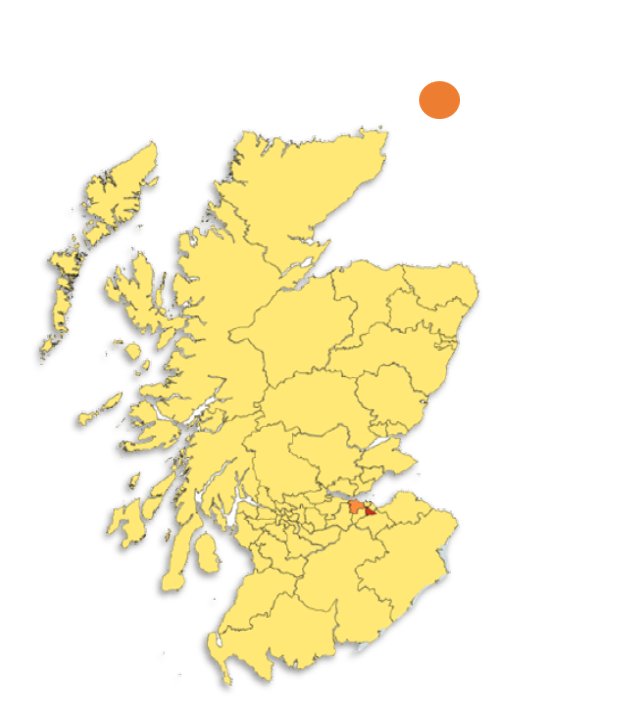

But add to this now the belief that Britain – the source of benevolent handouts to the impoverished Celtic periphery – will also be the source of economic security under Johnson’s government. So on this the anniversary of Bloody Sunday – these are the three pillars of hope and future-vision for the Union, one: Brexit’s going really well and it’s a major success for Johnson; two, the Conservatives will avert social crisis and the coming economic hit for the poorest by their “levelling up” thing; and third, constitutional reform is coming our way courtesy of Gordon Brown (or some unknown other, possibly just a lot of flags).
If you find any of this at all unconvincing you can just wallow in the privileged delusion that “Scotland and England have never been more alike than they are now.”
Muscular Unionism is the testosterone-fuelled support-act to the Brexit Show. Both propel Britain inexorably towards failure and collapse, and that none of the protagonists are conscious of the forces they have unleashed makes the journey of post-imperial decline all the more chaotic. Johnson’s rolling scandal-laden regime is just the most recent manifestation of the crisis, but is one now unburdened of humility and bloated on it’s own grotesque exceptionalism.

Help to support independent Scottish journalism by subscribing or donating today.

Tom Nairn’s prescience continues to astound. He wrote this (1977 ed, p 248) about the main problem the English have with figuring out who they are as a people and a nation. “The English need to rediscover who and what they are, to reinvent an identity of some sort better than the battered cliche-ridden hulk which the retreating tide of imperialism has left them,” The spitfire ethno-anglo nationalism emanating from Westminster makes this observation only more acute.
The last thing the people of England need is to rediscover or reinvent some ‘identity’. Like the people of Scotland, what they need is to realise their imagined community as the protean antisyzygy that it is by reforming their civic institutions accordingly.
But in order to do that, they will need to re-imagine their imagined community as English, not British.
But why ‘English’ as an identity rather than as a gallimaufry of identities, like those that comprise most imagined communities in the postmodern world?
Mike, this is quite an informative analysis, viewed through the lens of this American. As the red-headed step-child of Britain, the US stands in fearful wonder of what could happen there. Although. . . we are here to help, as Sir Winston would attest if he were still with us.
I have a son who is studying at St. Andrews.
For the record, not that it matters. . . but he had to jump through several narrow bureaucratic hoops to re-acquire his status as a student in order to return to Scotland for continuance of some classes that were severely rearranged at the outbreak of covid. Even so, those bureaucratic hoops were still in place as he finally was able to enter the UK a couple of days ago on a “tourist” visa, even though he has been, since before covid, a registered student at St. Andrews.
On a different note, the novel that I wrote and published a few yearw ago, “Smoke”, begins on May 12, 1937, the day that your Queen’s father was crowned Regent of the British Empire.
British Empire? Did I say British Empire? Excuse me, while I remove my rose-colored keyboard. The “Smoke” story begins on the day that George VI was appointed as chief VIP of Westminster.
Cheerio to Boris, for he’s a jolly good fellow. Good luck with that!
Even so, I am compelled to afford your present Regent a benefit of the doubt. God Save the Queen! May she live long and prosper. As for her progeny, perhaps the handwriting is on the wall somewhere in Wales, or Belfast, or Glasgow, or Toronto, or in any place on this orb where the sun never sets.
So many institutions ( parliament, royalty, police, BBC, newspapers, Cabinet, “Number 10”, Tory party civil service ) are now having to bend reality to fit the gravitational pull of Johnson’s black hole of lying, incompetence, nastiness and corruption. We are debating what the word “party” means FFS ( prior to 2022 most of us would have been able to agree about what constitutes a “party” or “work meeting”.
It’s a lot of work to maintain the tableaux of a functioning government in the UK.